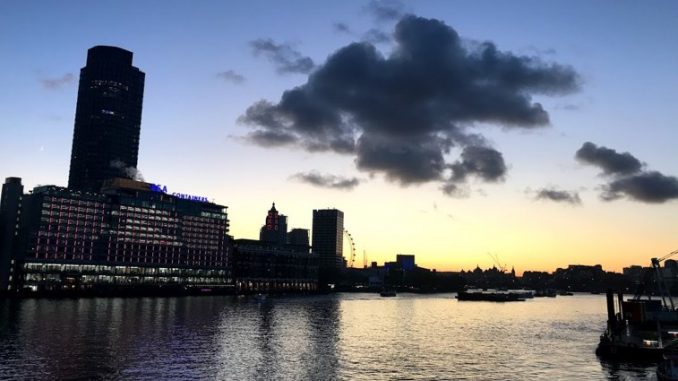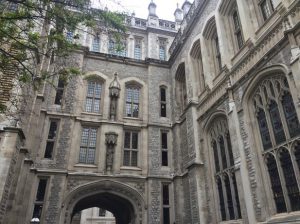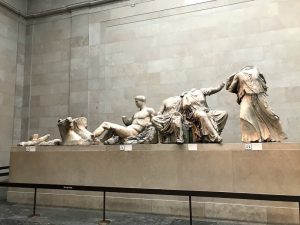
Caitlin Jackson writes about her experience studying Liberal Arts
When I first told my family that I wanted to study Liberal Arts, one of the first responses I received was, “but you didn’t do art at A-Level!” At that point, I realised that Liberal Arts is a relatively unknown degree, and even people that have heard of it think that it’s a degree synonymous with the USA. I’m here to tell you about Liberal Arts and answer some questions you might have about the degree.
What is Liberal Arts?
 Liberal Arts is an interdisciplinary degree where a key idea is choice – you choose your modules from an impressive range; you choose your major at the end of the first year; you choose if and where you want to study abroad. Throughout the course, you choose modules from the Arts and Humanities and Social Science and Public Policy faculties within departments such as Digital Culture, Politics, and Comparative Literature. You don’t need to have studied any of these subjects before, it’s all a chance for you to see what’s out there and what interests you. At the end of your first year, you choose your ‘major’, which you then take half of your module credits in for your second and third year – mine is Classical and Hellenic Studies. Before you chose this, there’s a big event where you can talk to all of the different major advisors, who will help you to make your decision. Don’t worry if you’re nervous – everyone is there to help you!
Liberal Arts is an interdisciplinary degree where a key idea is choice – you choose your modules from an impressive range; you choose your major at the end of the first year; you choose if and where you want to study abroad. Throughout the course, you choose modules from the Arts and Humanities and Social Science and Public Policy faculties within departments such as Digital Culture, Politics, and Comparative Literature. You don’t need to have studied any of these subjects before, it’s all a chance for you to see what’s out there and what interests you. At the end of your first year, you choose your ‘major’, which you then take half of your module credits in for your second and third year – mine is Classical and Hellenic Studies. Before you chose this, there’s a big event where you can talk to all of the different major advisors, who will help you to make your decision. Don’t worry if you’re nervous – everyone is there to help you!
Are there any compulsory modules?
There are core modules each year that aim to connect different themes and ideas from what you study. For example, in first year you study ‘Lives of London’, where you look at a particular theme such as gentrification and complete a group research project on it. There is also ‘Writing Liberal Arts’ in second year, which aims to help improve your writing abilities across different disciplines. All of these are so useful for helping you bring together all you learn about.
In first year you have to study a foreign language through the Modern Language Centre. This can be as a beginner or expert and there’s a lot of support to make sure that you do well. I had so much fun learning Japanese in my first year!
How will Liberal Arts help me get a job?
I’ve recently applied to a lot of internships and Liberal Arts has really helped me to stand out in interviews. There are so many transferable skills you develop when studying an interdisciplinary degree like flexibility, organisational skills, critical thinking and many more! The ability to make connections between seemingly unrelated topics is something you can become really good at with Liberal Arts, and it’s a skill that employers seem to love!
In the second year there’s an opportunity to complete an internship module, where you can reflect on the different skills and abilities you develop through applying and completing internships!
What does learning look like in a Liberal Arts degree?
As I’ve mentioned, a Liberal Arts degree can really vary depending on which modules you choose to take – every department is different. However, the core modules are really interactive and allow for a lot of room for what interests you.
One great thing about studying in London is the access to museums and galleries that are available. In my first year module ‘Lives of London’, we went to the Museum of London Docklands to find artefacts for one of our assignments. The core modules can be really hands-on and give you a lot of opportunities to workshop your ideas in seminars.
Interested in learning more about student life at King’s? Read More:
To see some of the courses that King’s College London offers, click here
To read another one of our blog posts about the careers options for Arts & Humanities at King’s, click here
To read about what a day in the life might look like in normal times, click here
To sign up to a virtual open day or event at King’s College London, click here


Leave a Reply